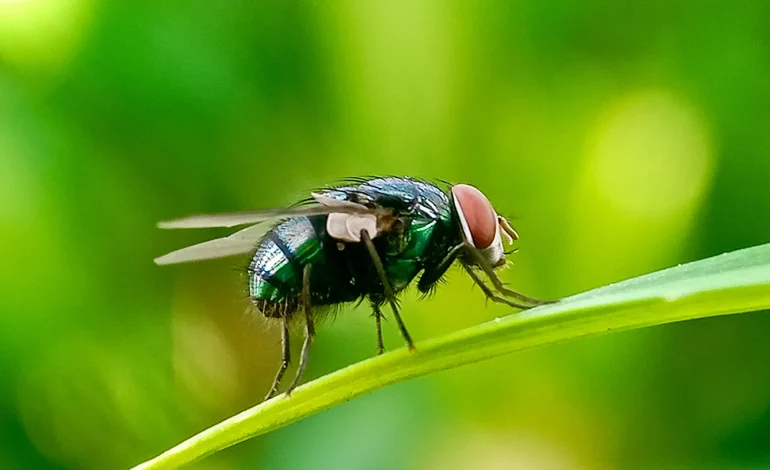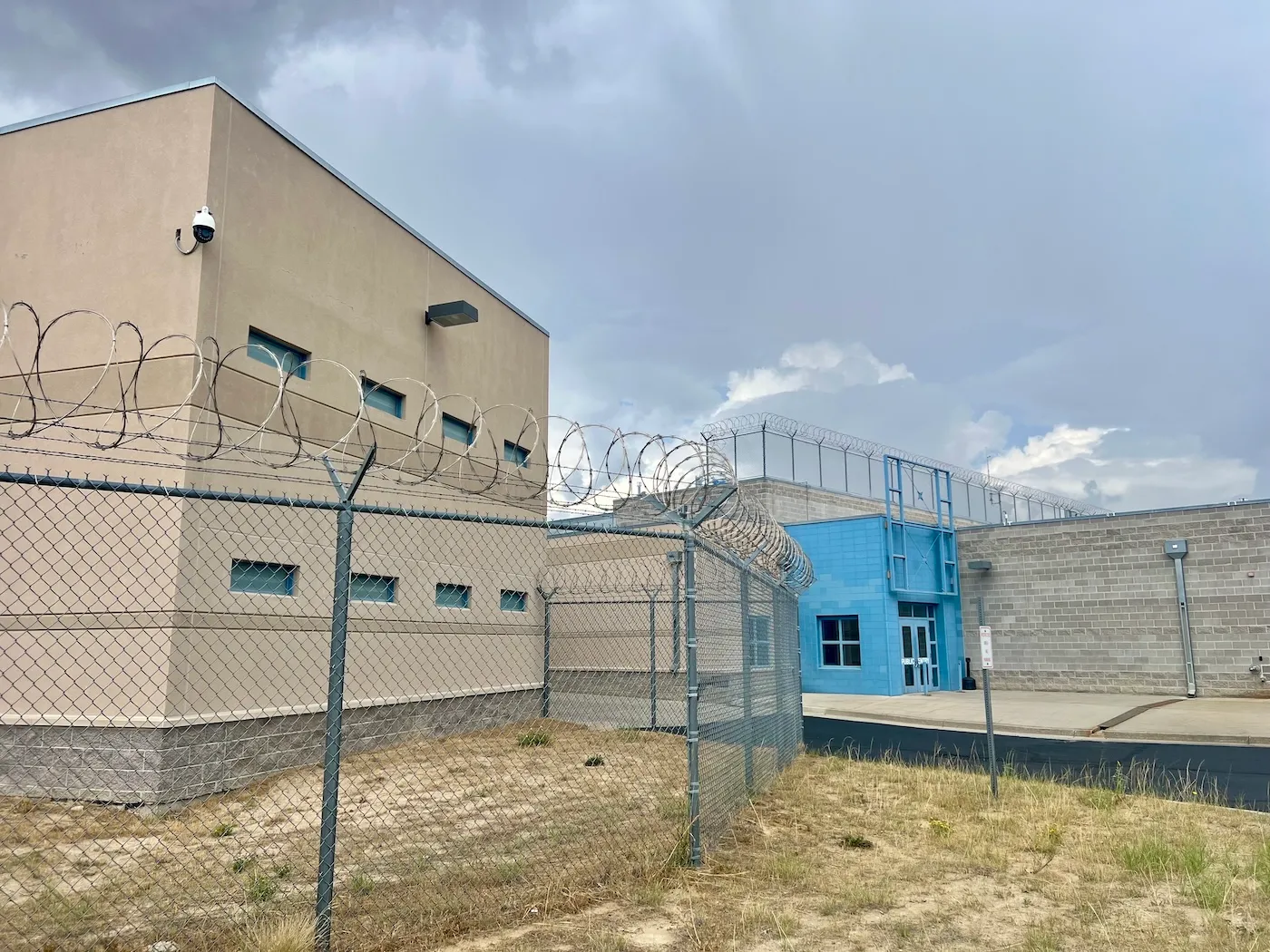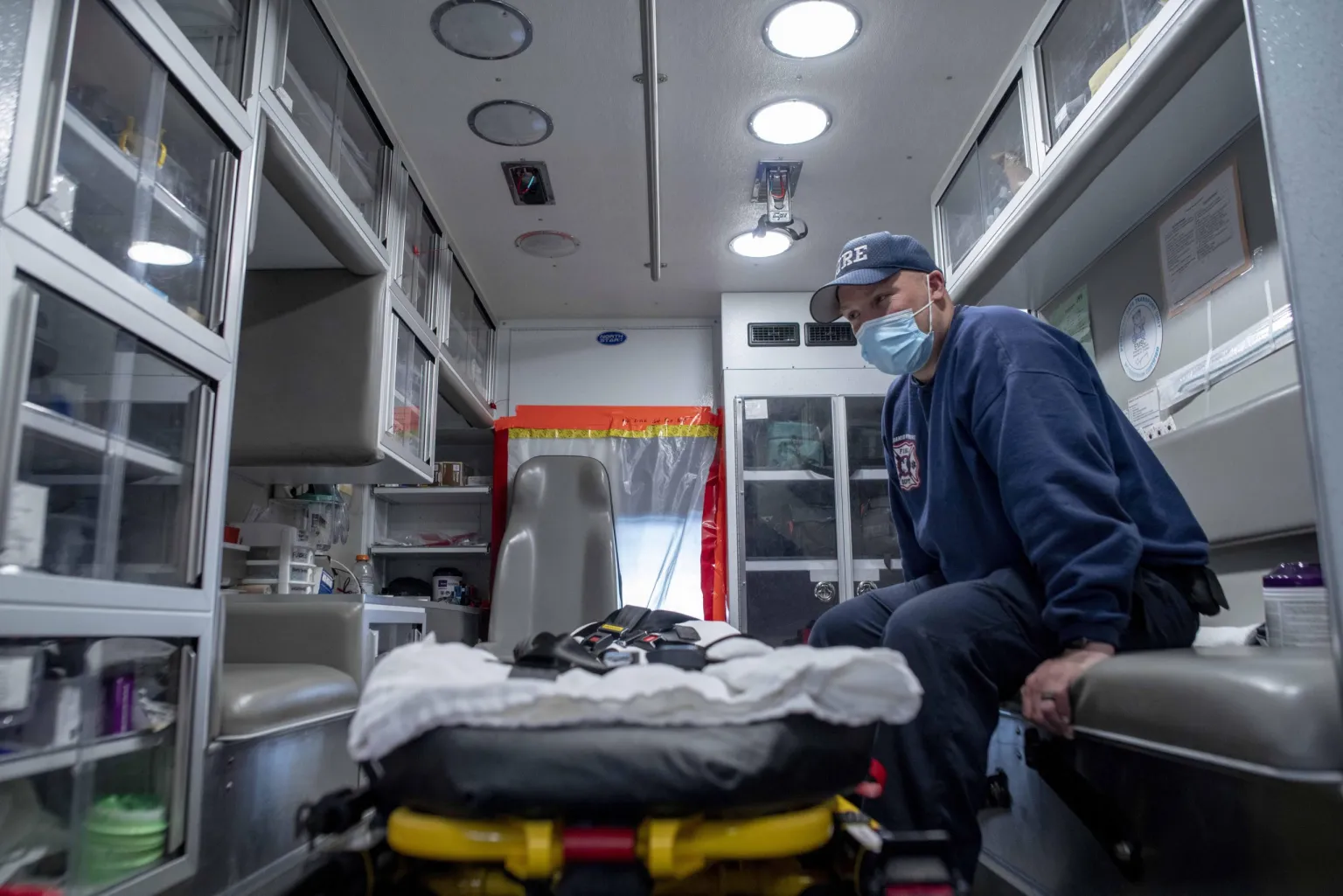New World Screwworm Threat Re-Emerges, Prompting Livestock Import Ban at U.S. Southern Border

A deadly parasitic fly once eradicated from the United States has resurfaced as a potential threat, prompting the federal government to suspend live cattle, horse, and bison imports through the U.S.-Mexico border, Fox News reports.
The announcement came Sunday from U.S. Department of Agriculture (USDA) Secretary Brooke Rollins, who cited a recent outbreak of the New World Screwworm (NWS) in Mexico as the reason behind the emergency measure.
“Due to the threat of New World Screwworm I am announcing the suspension of live cattle, horse, & bison imports through U.S. southern border ports of entry effective immediately,” Rollins wrote in a post on X. “The last time this devastating pest invaded America, it took 30 years for our cattle industry to recover. This cannot happen again.”
What is the New World Screwworm?
Known scientifically as Cochliomyia hominivorax, the New World Screwworm is a parasitic fly native to parts of South America, the Caribbean, and Central America. While it was officially eradicated from the United States in 1966, it remains endemic in countries such as Cuba, Haiti, and the Dominican Republic.
The danger lies in the fly’s reproductive habits. Female screwworm flies lay their eggs in the wounds or orifices of live, warm-blooded animals. Once hatched, the larvae — or maggots — burrow into living tissue in a spiral, screw-like fashion, inflicting severe pain and tissue damage. The USDA’s Animal and Plant Health Inspection Service (APHIS) warns that these infestations can attract even more flies, leading to worsening wounds and increased mortality.
According to the Centers for Disease Control and Prevention (CDC), while cases of human infection are rare, they can be fatal and typically affect people who are immunocompromised or have open wounds.
Economic and Agricultural Stakes
The threat of a new outbreak carries significant economic implications. In the 1950s and 1960s, before eradication efforts succeeded, U.S. livestock producers in the Southwest suffered annual losses estimated between $50 million and $100 million due to NWS.
“Pets, livestock, wildlife and even humans may suffer and die from screwworm myiasis,” the USDA warned, emphasizing that the parasite’s return could reverse decades of public health and agricultural progress.
A minor outbreak did occur in the Florida Keys in 2016, impacting primarily the endangered Key deer population. It was contained and eradicated by March 2017.









The latest news in your social feeds
Subscribe to our social media platforms to stay tuned